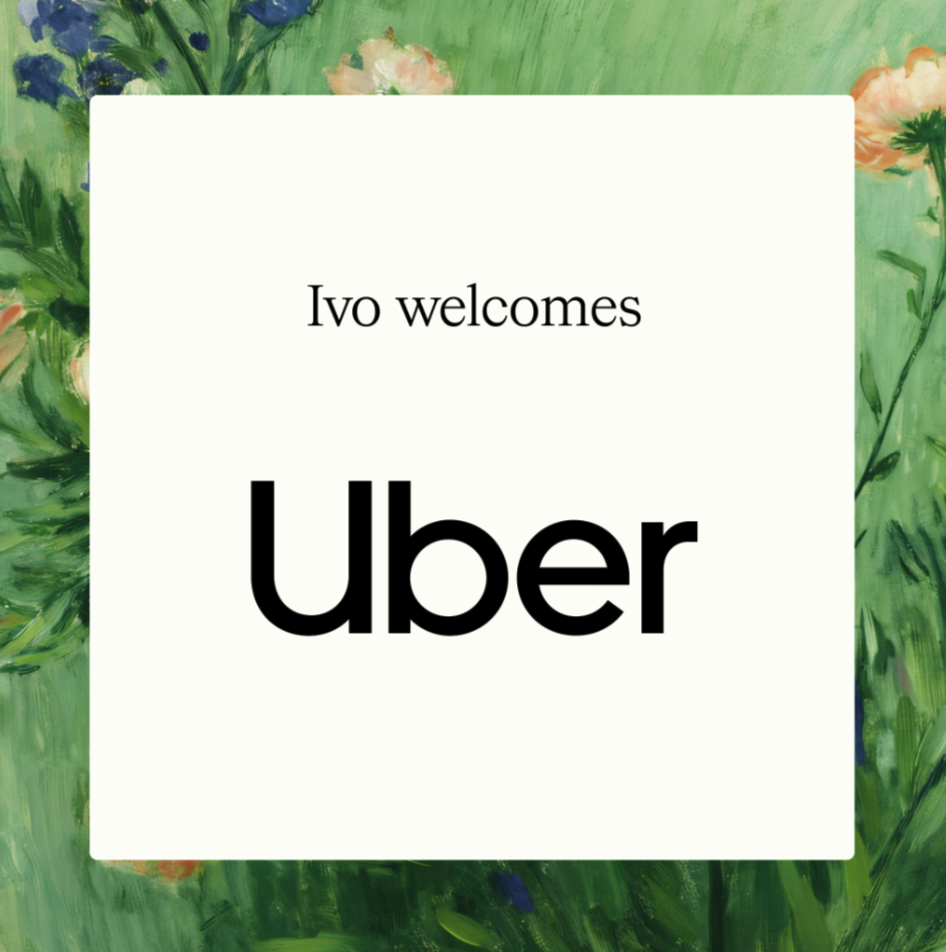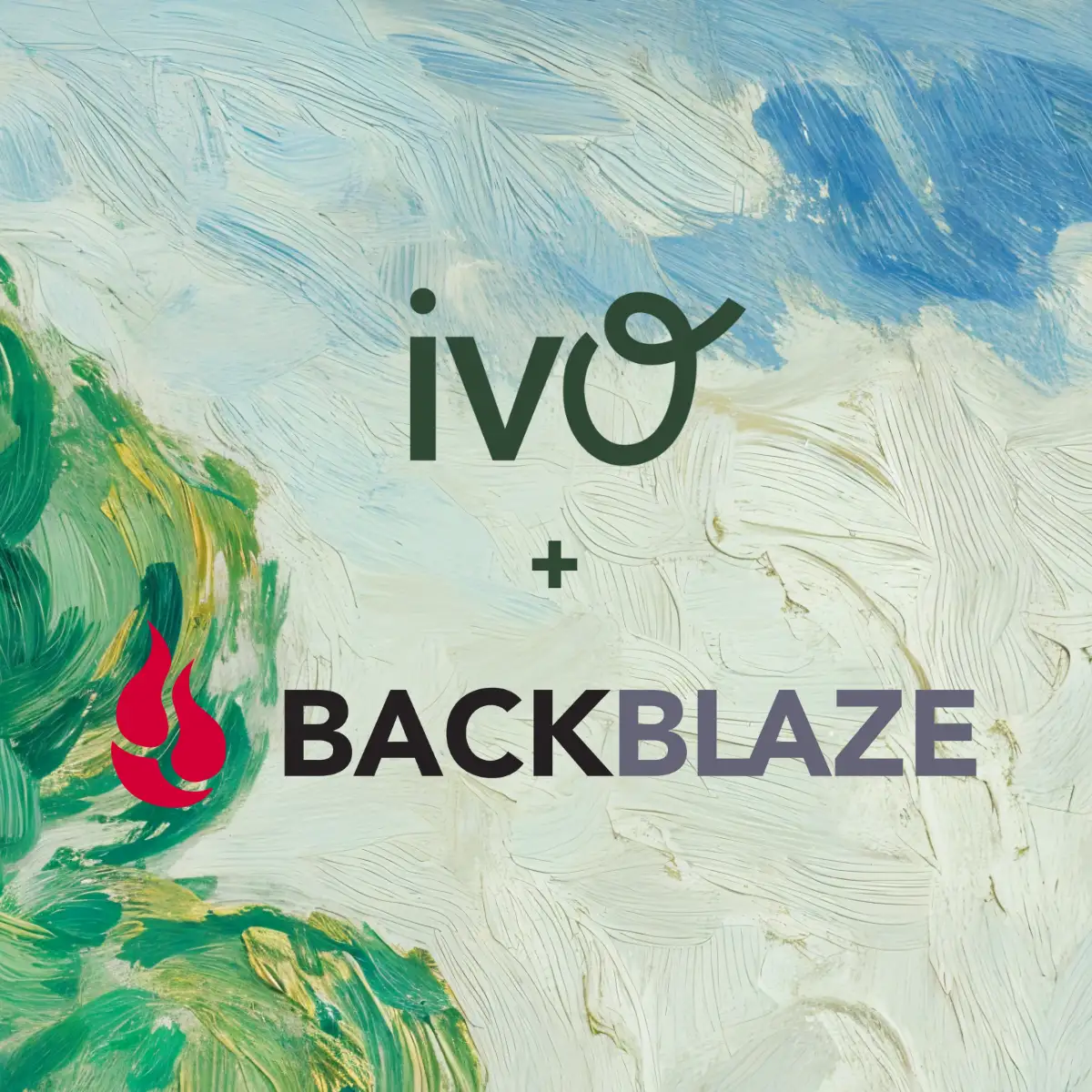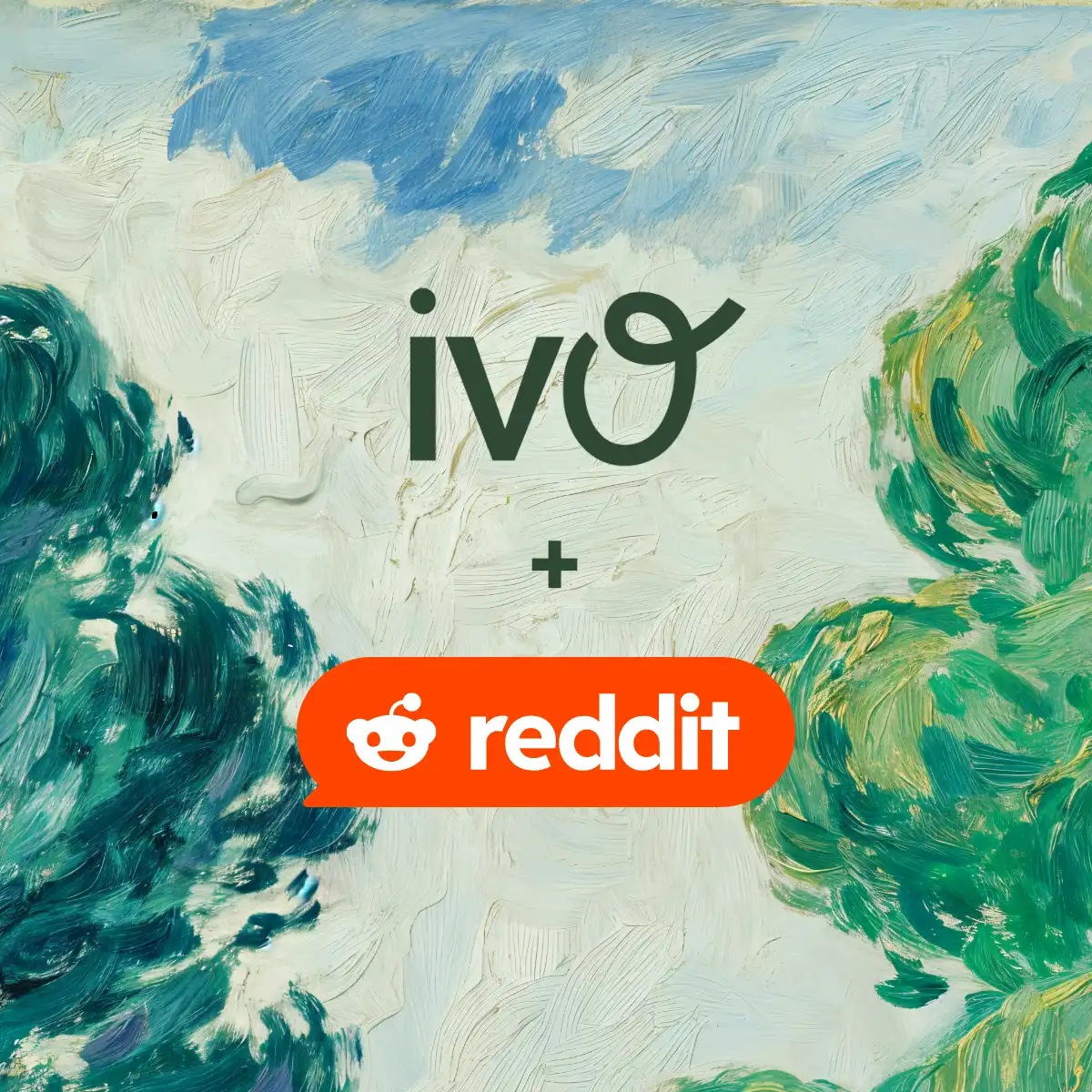The current wave of legal technology is entering into its next phase and we’re continuing to see unprecedented speed and scale with AI leading the way. Do lawyers need to get on board with this evolution now at the risk of getting left behind? Or is there still time to wait until the dust settles?
Douglas Sayranian, General Counsel at Intel 471, gives us his perspective on this sea change moment for lawyers and how legal leaders can prepare for the inevitable shift.
You have an extensive legal background, tell us a bit about yourself from a professional perspective. Why did you become a lawyer?
When I finished my undergrad at the University of Michigan, the world was in the throes of the global financial crisis. Three years of law school gaining a valuable baseline skillset was an attractive way to make use of the time while economies recovered and job opportunities rebounded.
After finishing my J.D. at Northwestern, I immediately moved to NYC for my first associate position at Kirkland & Ellis doing corporate M&A. Over the course of the past decade I’ve also worked at Latham & Watkins, Baker Hostetler, and most recently Reed Smith all here in NYC doing private equity, public company, and cross-border M&A.
When I was approached by Intel 471 in 2022 to become general counsel, I ultimately decided to step away from private practice because of the opportunity to move from advising decision-makers to being one. I wanted to expand my knowledge and experience while working alongside Intel 471’s leadership, and deepening those relationships has been incredibly rewarding.
As General Counsel at Intel 471, what are your responsibilities and how does it differ from your roles in the past?
Intel 471 is a cyber threat intelligence company, which in many ways makes us a quasi-journalistic business while also at our core being a SaaS. As general counsel, the scope of my responsibilities is much wider than in private practice, extending far beyond legal matters to include significant involvement in compliance, business operations, sales operations, human resources, and strategy.
How has your role evolved/changed over the past year? How has technology played a role in that change?
With the explosion of the LLM/AI industry, I’ve started taking on much more work in the thought space related to those areas. Ancillary to some of the new challenges and opportunities our business identified in those areas, I’ve had to begin diving deep to get educated on the technology and the many challenges and opportunities it raises for the law, business, existing technology and infrastructure, culture, society, and ethics.
Technology–specific computer technology related to the creation, use, and transmission of information–is an omnipresent but asymmetric force. In many ways the effects of advancements in AI technology have been diffuse and disparate. I think the most obvious example of this is in the modalities available to us–they are much more diverse, sophisticated, and intuitive (but also complex) than ever before. But at the same time, access to the underlying technology, and the sheer cost of getting started, means that the physical infrastructure is concentrated in the hands of a few companies. It’s important for my company–and any company–to be aware of the asymmetry here, since it means that really digging into the details is essential.
You bring up AI. What are your thoughts around the impact AI has had and/or will have on lawyers and the profession as a whole?
AI will improve both in terms of fundamental capabilities and in the identification, refinement, and adaptation of specific use cases. The first wave, that I think is already washing over us, is the use of AI to streamline or eliminate organizational or administrative processes that are inefficient or annoying for lawyers. For example, grammatical edits for consistency across a large contract, or the first “red flags at a glance” review of a markup based on a human-curated playbook. Similarly, AI can be incredibly powerful in creating efficiencies when conducting due diligence.
That said, I think it will take some time before lawyering shifts (as it inevitably will) to be dominated by judgment, expertise, and wisdom-based work. Much like how redlining software eliminated the need for lawyers to know how to blackline with a ruler and pencil, AI in the legal space will eliminate the need for certain skills. I’m wary of skill erosion in areas like drafting, where insight and creativity result in brilliance when applied to a foundation of fundamental competencies like logic and grammar. But I am excited for the prospect of being able to eventually implement conceptual changes in documents without having to input them manually. There’s a tradeoff here, since the ability to draft well from scratch provides the foundation for being able to craft meaningful instructions to an AI tool and adequately evaluate the results.
You mentioned a “shift.” Can you expand a bit on what you meant?
Lawyering is a person-focused profession, so what will endure is the core need for lawyers on a direct human scale to provide advice and exercise judgment on the intersection between human action and legal frameworks. However, the scale and function of legal services will both expand and contract in different areas. Matters subject to a legal touchpoint will expand as operational and monetary costs decrease, but fewer lawyers will be needed to perform a greater volume of work. As a result, I predict that lawyers in private practice and in-house will need to invest more development into skills that advance, and originate in, thoughtfulness and creativity.
A lot of law firm lawyers are “rock stars” because they bill a large number of hours, executing tasks like managing project teams, conducting research, and generating or editing work-product for deals or disputes. New expectations for efficiency will force lawyers to emphasize the value they bring to the table when it comes to emotional intelligence, communication skill and commercial judgment, such as forging consensus, aligning incentives, contextualizing decisions and information in industry-specific and company-specific knowledge, and removing unnecessary bureaucracy while focusing on improving and maintaining necessary standards and safeguards.
Less complex legal work will become truly productized with lower barriers for people who need assistance. For example, forming an entity like a corporation or LLC has become quite easy in many states simply because of the internet, and with AI a person will be able to more readily understand and complete the formation process and customize the provisions on governance.
The quality of the outcome will more consistently match what could be achieved by a human drafter.
On the other hand, more complex legal work will shift to become more common but also more bespoke–when an AI can handle some of the high-volume matters like file organization and due diligence, then there will be more resources available to dedicate to the creative aspects of counseling clients. It will also be efficient to engage in optimization efforts that might have previously presented a bad value proposition. A storied company with decades of records might reach a tipping point where using AI to digitize and organize warehouses of files is finally cost-effective, and it may also use the newly organized data to deploy contracts with its customers and suppliers that custom-fit the incentives and dynamics of the relationships to the distinct goals and risks involved.
This feels like a teaser…hint hint. But let’s shift a little bit and get to know you better! Who is Doug outside of work? What’s a day in your life like?
I live in Brooklyn with my girlfriend, Tara Simoncic, and our cats. She’s a conductor and does a lot of work with orchestras and ballets around the world (including for the Joffrey Ballet’s Nutcracker in Chicago in December, which was of course excellent). She and I also do a lot of work for Cats In the City (NY). We often get calls to go help stray cats or kittens and make sure they get veterinary care before going to an adoption center or foster home. It’s a lot of work, but very rewarding.
Outside of that, I tend to read a lot about a wide variety of topics. I’m currently on an AI-focused reading list, but I’ve also picked up some books on psychology and marketing & design as well as a few high fantasy and science fiction novels.
My current recommendations for books in the AI space are The Coming Wave by Mustafa Suleyman, Nexus by Yuval Harari, and AI Ethics by Mark Coeckelbergh.
One last thing! Peek into your crystal ball…what do you see?
Society is currently focused mainly on AI technology, but soon quantum computing and biocomputing will join the fray and play a significant role in people’s day to day lives. I’m immensely curious about how post-quantum cryptography (PQC) and areas like omic analysis, bioinformatics, and bioengineering will unfold.
The current wave of legal technology is entering into its next phase and we’re continuing to see unprecedented speed and scale with AI leading the way. Do lawyers need to get on board with this evolution now at the risk of getting left behind? Or is there still time to wait until the dust settles?
Douglas Sayranian, General Counsel at Intel 471, gives us his perspective on this sea change moment for lawyers and how legal leaders can prepare for the inevitable shift.
You have an extensive legal background, tell us a bit about yourself from a professional perspective. Why did you become a lawyer?
When I finished my undergrad at the University of Michigan, the world was in the throes of the global financial crisis. Three years of law school gaining a valuable baseline skillset was an attractive way to make use of the time while economies recovered and job opportunities rebounded.
After finishing my J.D. at Northwestern, I immediately moved to NYC for my first associate position at Kirkland & Ellis doing corporate M&A. Over the course of the past decade I’ve also worked at Latham & Watkins, Baker Hostetler, and most recently Reed Smith all here in NYC doing private equity, public company, and cross-border M&A.
When I was approached by Intel 471 in 2022 to become general counsel, I ultimately decided to step away from private practice because of the opportunity to move from advising decision-makers to being one. I wanted to expand my knowledge and experience while working alongside Intel 471’s leadership, and deepening those relationships has been incredibly rewarding.
As General Counsel at Intel 471, what are your responsibilities and how does it differ from your roles in the past?
Intel 471 is a cyber threat intelligence company, which in many ways makes us a quasi-journalistic business while also at our core being a SaaS. As general counsel, the scope of my responsibilities is much wider than in private practice, extending far beyond legal matters to include significant involvement in compliance, business operations, sales operations, human resources, and strategy.
How has your role evolved/changed over the past year? How has technology played a role in that change?
With the explosion of the LLM/AI industry, I’ve started taking on much more work in the thought space related to those areas. Ancillary to some of the new challenges and opportunities our business identified in those areas, I’ve had to begin diving deep to get educated on the technology and the many challenges and opportunities it raises for the law, business, existing technology and infrastructure, culture, society, and ethics.
Technology–specific computer technology related to the creation, use, and transmission of information–is an omnipresent but asymmetric force. In many ways the effects of advancements in AI technology have been diffuse and disparate. I think the most obvious example of this is in the modalities available to us–they are much more diverse, sophisticated, and intuitive (but also complex) than ever before. But at the same time, access to the underlying technology, and the sheer cost of getting started, means that the physical infrastructure is concentrated in the hands of a few companies. It’s important for my company–and any company–to be aware of the asymmetry here, since it means that really digging into the details is essential.
You bring up AI. What are your thoughts around the impact AI has had and/or will have on lawyers and the profession as a whole?
AI will improve both in terms of fundamental capabilities and in the identification, refinement, and adaptation of specific use cases. The first wave, that I think is already washing over us, is the use of AI to streamline or eliminate organizational or administrative processes that are inefficient or annoying for lawyers. For example, grammatical edits for consistency across a large contract, or the first “red flags at a glance” review of a markup based on a human-curated playbook. Similarly, AI can be incredibly powerful in creating efficiencies when conducting due diligence.
That said, I think it will take some time before lawyering shifts (as it inevitably will) to be dominated by judgment, expertise, and wisdom-based work. Much like how redlining software eliminated the need for lawyers to know how to blackline with a ruler and pencil, AI in the legal space will eliminate the need for certain skills. I’m wary of skill erosion in areas like drafting, where insight and creativity result in brilliance when applied to a foundation of fundamental competencies like logic and grammar. But I am excited for the prospect of being able to eventually implement conceptual changes in documents without having to input them manually. There’s a tradeoff here, since the ability to draft well from scratch provides the foundation for being able to craft meaningful instructions to an AI tool and adequately evaluate the results.
You mentioned a “shift.” Can you expand a bit on what you meant?
Lawyering is a person-focused profession, so what will endure is the core need for lawyers on a direct human scale to provide advice and exercise judgment on the intersection between human action and legal frameworks. However, the scale and function of legal services will both expand and contract in different areas. Matters subject to a legal touchpoint will expand as operational and monetary costs decrease, but fewer lawyers will be needed to perform a greater volume of work. As a result, I predict that lawyers in private practice and in-house will need to invest more development into skills that advance, and originate in, thoughtfulness and creativity.
A lot of law firm lawyers are “rock stars” because they bill a large number of hours, executing tasks like managing project teams, conducting research, and generating or editing work-product for deals or disputes. New expectations for efficiency will force lawyers to emphasize the value they bring to the table when it comes to emotional intelligence, communication skill and commercial judgment, such as forging consensus, aligning incentives, contextualizing decisions and information in industry-specific and company-specific knowledge, and removing unnecessary bureaucracy while focusing on improving and maintaining necessary standards and safeguards.
Less complex legal work will become truly productized with lower barriers for people who need assistance. For example, forming an entity like a corporation or LLC has become quite easy in many states simply because of the internet, and with AI a person will be able to more readily understand and complete the formation process and customize the provisions on governance.
The quality of the outcome will more consistently match what could be achieved by a human drafter.
On the other hand, more complex legal work will shift to become more common but also more bespoke–when an AI can handle some of the high-volume matters like file organization and due diligence, then there will be more resources available to dedicate to the creative aspects of counseling clients. It will also be efficient to engage in optimization efforts that might have previously presented a bad value proposition. A storied company with decades of records might reach a tipping point where using AI to digitize and organize warehouses of files is finally cost-effective, and it may also use the newly organized data to deploy contracts with its customers and suppliers that custom-fit the incentives and dynamics of the relationships to the distinct goals and risks involved.
This feels like a teaser…hint hint. But let’s shift a little bit and get to know you better! Who is Doug outside of work? What’s a day in your life like?
I live in Brooklyn with my girlfriend, Tara Simoncic, and our cats. She’s a conductor and does a lot of work with orchestras and ballets around the world (including for the Joffrey Ballet’s Nutcracker in Chicago in December, which was of course excellent). She and I also do a lot of work for Cats In the City (NY). We often get calls to go help stray cats or kittens and make sure they get veterinary care before going to an adoption center or foster home. It’s a lot of work, but very rewarding.
Outside of that, I tend to read a lot about a wide variety of topics. I’m currently on an AI-focused reading list, but I’ve also picked up some books on psychology and marketing & design as well as a few high fantasy and science fiction novels.
My current recommendations for books in the AI space are The Coming Wave by Mustafa Suleyman, Nexus by Yuval Harari, and AI Ethics by Mark Coeckelbergh.
One last thing! Peek into your crystal ball…what do you see?
Society is currently focused mainly on AI technology, but soon quantum computing and biocomputing will join the fray and play a significant role in people’s day to day lives. I’m immensely curious about how post-quantum cryptography (PQC) and areas like omic analysis, bioinformatics, and bioengineering will unfold.

.svg)






















